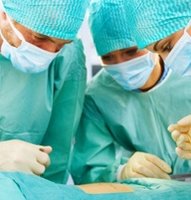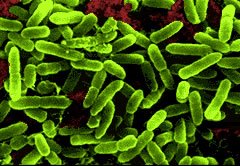Probiotics may help gastric bypass patients
Hueytown, AL
Gastric Bypass Surgery Malpractice Lawyer
Probiotics are sometimes prescribed by doctors to improve the body’s response to antibiotics by increasing levels of gut bacteria used by the body, but new research suggests they may play a complementary role in another treatment.
Researchers at Stanford University School of Medicine included probiotics as part of a regimen for patients who had recently undergone gastric bypass surgery.
They found that patients who used the "good bacteria" were more likely to lose weight than study subjects in the control group, and were also able to limit vitamin B12 deficiencies associated with the procedure.
Dr. John Morton, the study’s co-author, says that the research was initiated in response to obese patients who complained that it was difficult to eat properly after surgery because of the effects on the digestive tract.
"A lot of people aren’t aware that we all carry around a lot of bacteria in our intestines and that they’re extremely helpful in aiding digestion," he added. "And I thought, ‘Well, if we give these patients probiotics, then maybe we can improve these symptoms."
Gastric Bypass Surgery Malpractice Lawyer
Labels: gastric bypass side effects, probiotics post-gastric bypass diet


